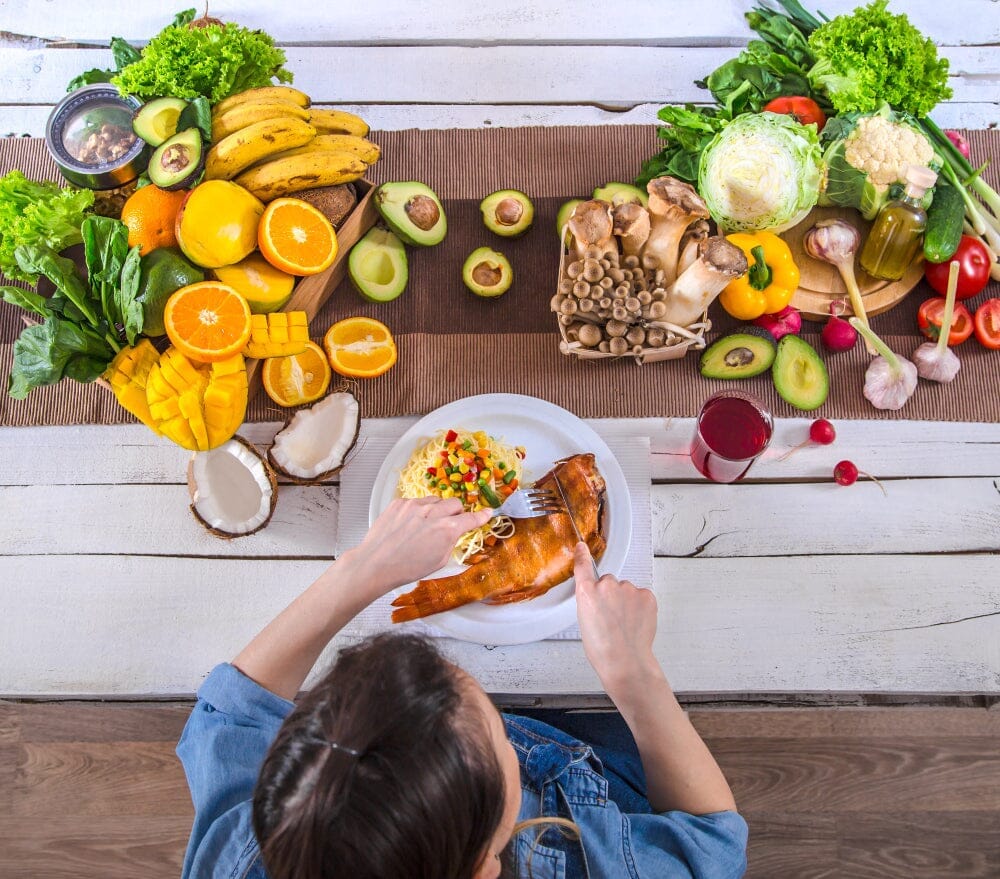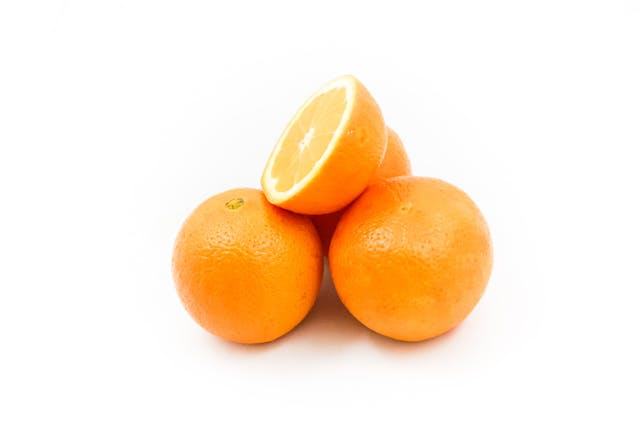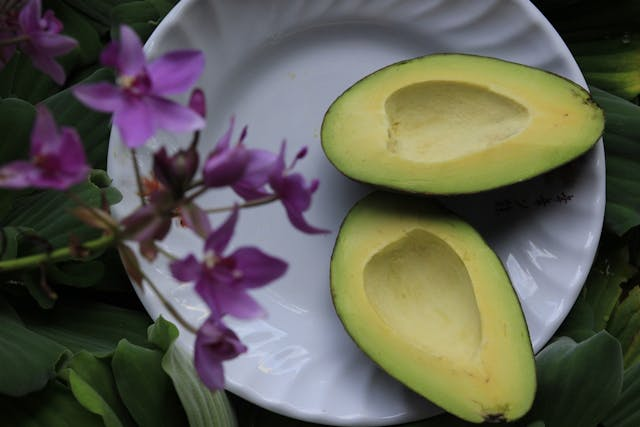
Recommended Foods to Eat with Gallstones - Low fat, All natural
Time to read 4 min
Time to read 4 min
The right approach for patients with gallstones or a history of gallstones is to opt for a lower fat and all natural diet. This can help your body process cholesterol better, as well as lower the overall amount of cholesterol in the body.
You can also increase the nutrient value of your food when you opt for an all natural diet. This can improve your overall metabolic health and your energy levels. It's also vital to follow the advice of your doctor, especially when you're recovering from surgery or are dissolving your stones through medication.
You can focus on these areas to help prevent gallstones, as well as reduce the risk of gallbladder issues through your diet and nutrition.
When it comes to the right foods to eat with gallstones, you should always opt for an all-natural diet. This will improve your nutritional intake, and reduce your risk of developing other conditions.
Highly processed foods can contain saturated and trans fats, which can lead to a greater load on the gallbladder and bile production.
Water is one of the most important aspects of ensuring hydration and maintaining a balance of nutrients and minerals in the system.
You should opt for D3, calcium, C, or B supplements if you have issues with deficiencies. These can improve the functioning of your liver and gallbladder, and lower your risk of chronic conditions.
You should include the following foods when you have gallstones or are experiencing issues with your gallbladder.
You can increase your fibre, nutrient, and natural mineral intake, when you choose to add more fruits and vegetables. You can also increase the metabolic health of your body, when you add more bananas, carrots, cherries, apples, and other foods.
It's important to keep your immune health optimal when you're managing a health condition for long-term protection. You can add more lemons, orangs, and berries, to improve your vitamin C levels in the body.
High fibre foods, such as bananas, kiwis, freshly baked breads, and multi-grain roti, can help you digest your food better and regulate your gallbladder activity. You can also focus on fibre supplements or husk if you are not able to consume fibre through your diet.
Eggs, chicken, and lean cuts can be helpful in improving your protein intake while reducing the overall fat present in the body.
You should add more seeds, nuts, and avocados, to improve your healthy fat intake when you're making substitutions in your diet.
it's also important to consult with your doctor about the right medication and treatment procedures, along with following an all natural diet. They can make an informed decision about when to remove the gallbladder or how to reduce the risk of developing stones.
You should also be aware of the different foods that you should avoid when you have gallstones. These can help you reduce your risk of developing stones and keep your gallbladder functioning optimally.
The gallbladder can't handle highly processed foods as it is unable to process the high fat and cholesterol content of these foods. It's ideal to avoid processed foods that are packaged and non-natural.
Many of the packaged goods available in the market contain high fructose corn syrup which can lead to a range of issues when it comes to gallstones.
You should avoid baked goods from dessert shops, as well as sweets that contain high quantities of processed sugars. You should instead focus on substitutes and alternatives for these foods.
Indian mithais can contain a large amount of fats and sugars which can't be digested properly by someone with a condition.
Fried foods and street foods that are overly fried are also unhealthy for individuals to consume when they have a medical history of gallstones.
High fat meats such as lamb, chicken, and mutton, can in some cases increase the risk of developing gallstones. Your gallbladder can't process the high fat of the meats, which can increase the risk of gallstones in people.
Creams and other products that are high in fat, can increase your risk of gallstones if you have a medical history.
High fat cheese can also contain saturated and trans fats which can increase your risk of developing gallstones. You should consider alternatives to ensure that you're getting your calcium and vitamin D3.
The amount of oil present in your food can also be indicative of your risk of gallstones. There is a greater load on the bile secretion into the small intestine, which can be prevented by opting for lighter oils.
* * Medical Disclaimer - The following information is for educational purposes only. No information provided on this website, including text, graphic, and images, are intended as substitutes for professional medical advice. Please consult with your doctor about specific medical advice pertaining to your condition(s).


